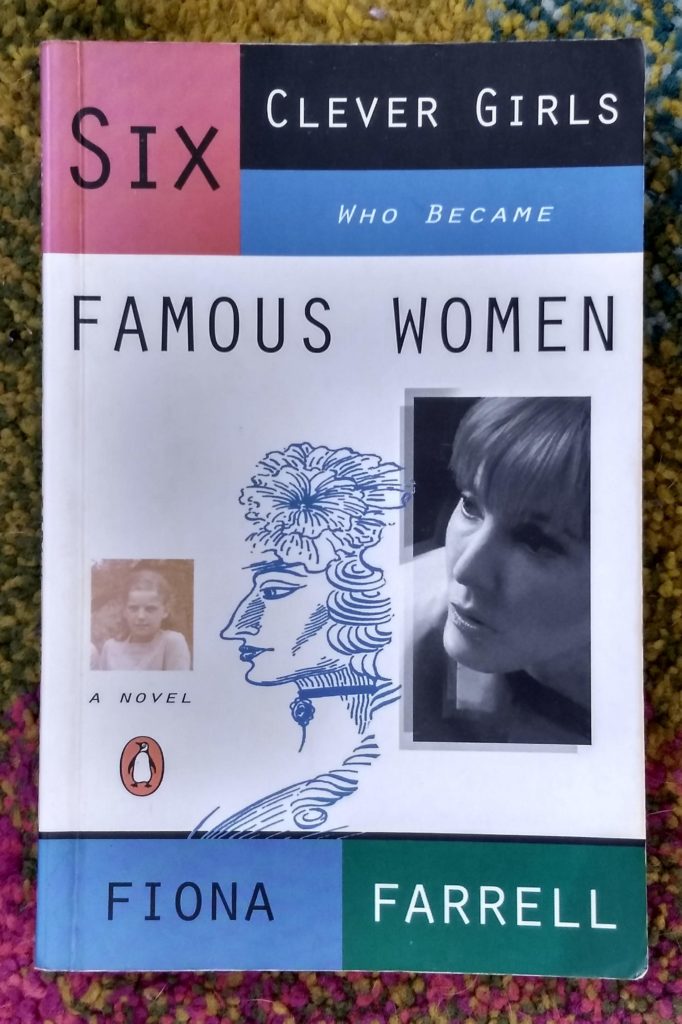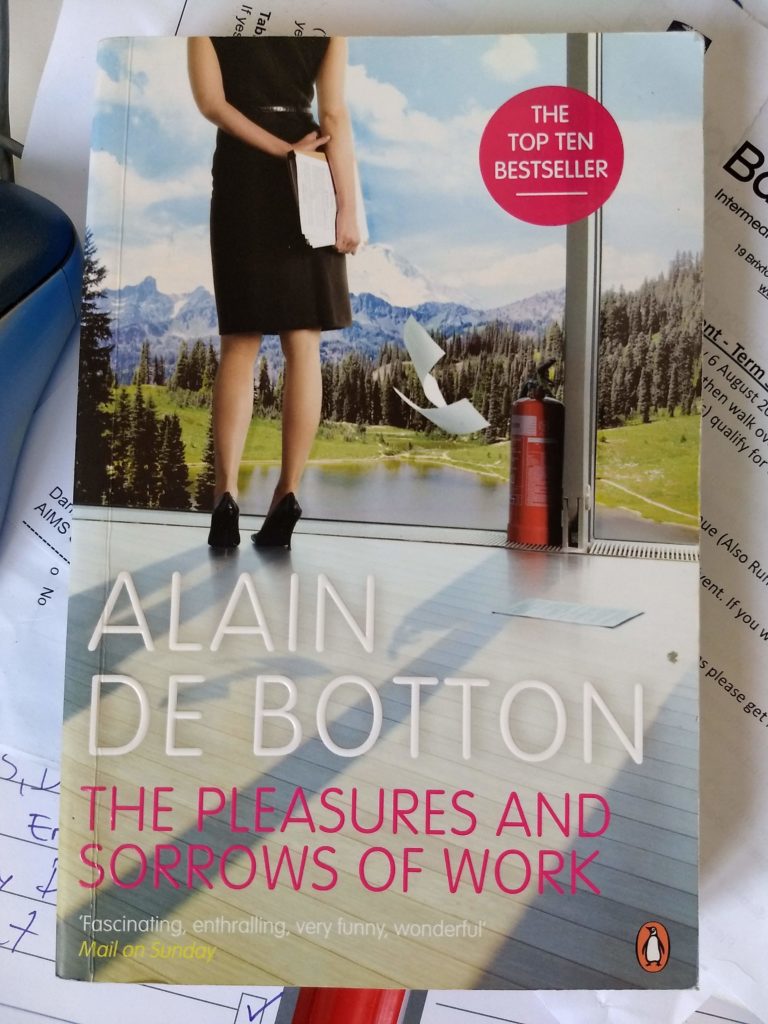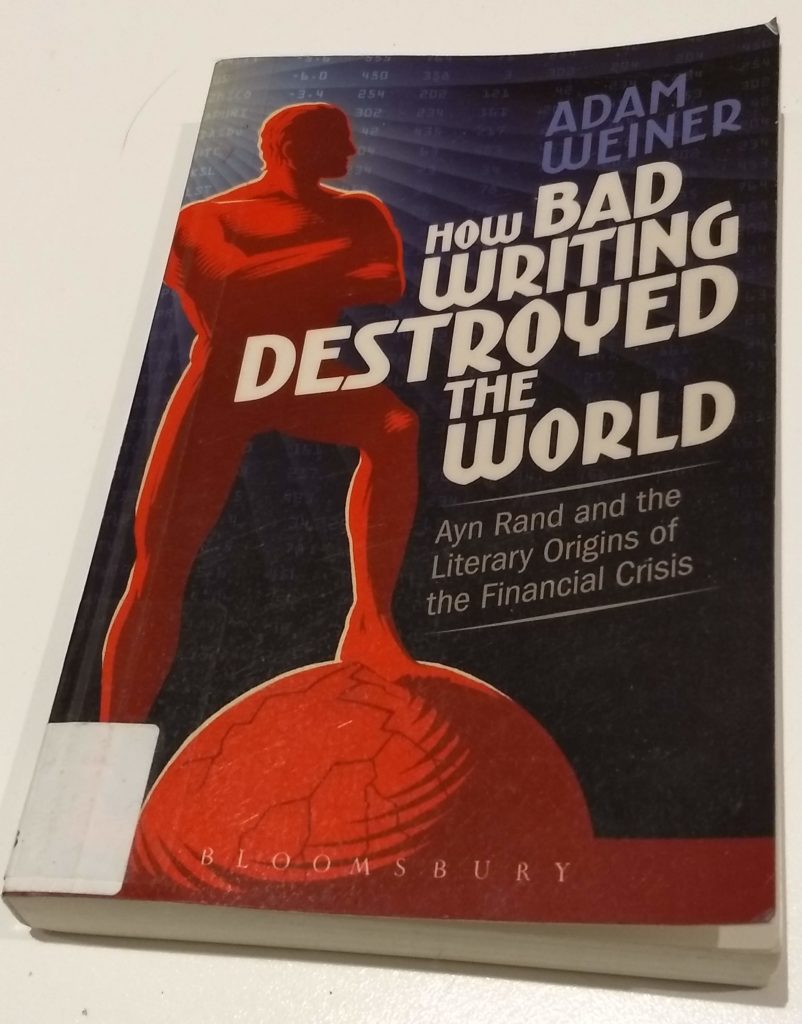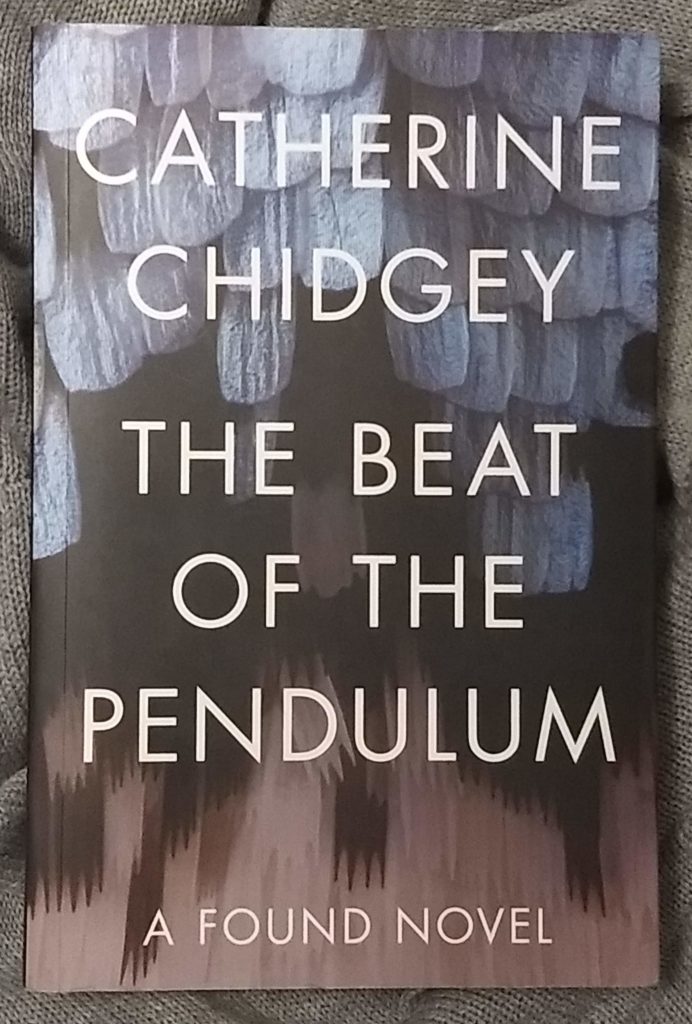
Like you, I try to think carefully and express my points of view clearly, with meticulous steps of reasoning combining seamlessly to form watertight, irrefutable arguments. And yet people still argue with me and fail to be convinced. How can this be so? This book explains how logic works in theory, how it fails in the real world, and how to fix it.
Continue reading







